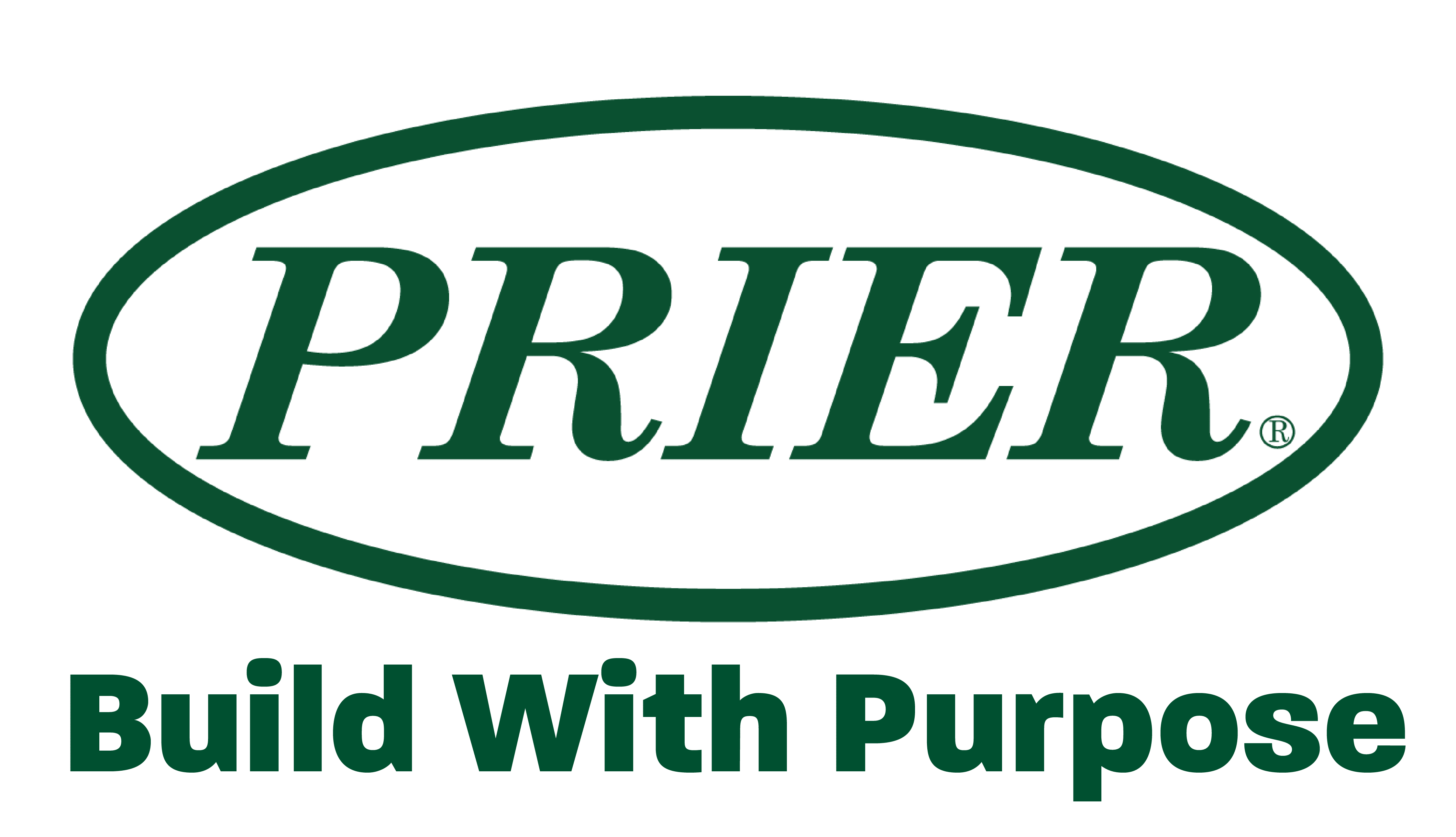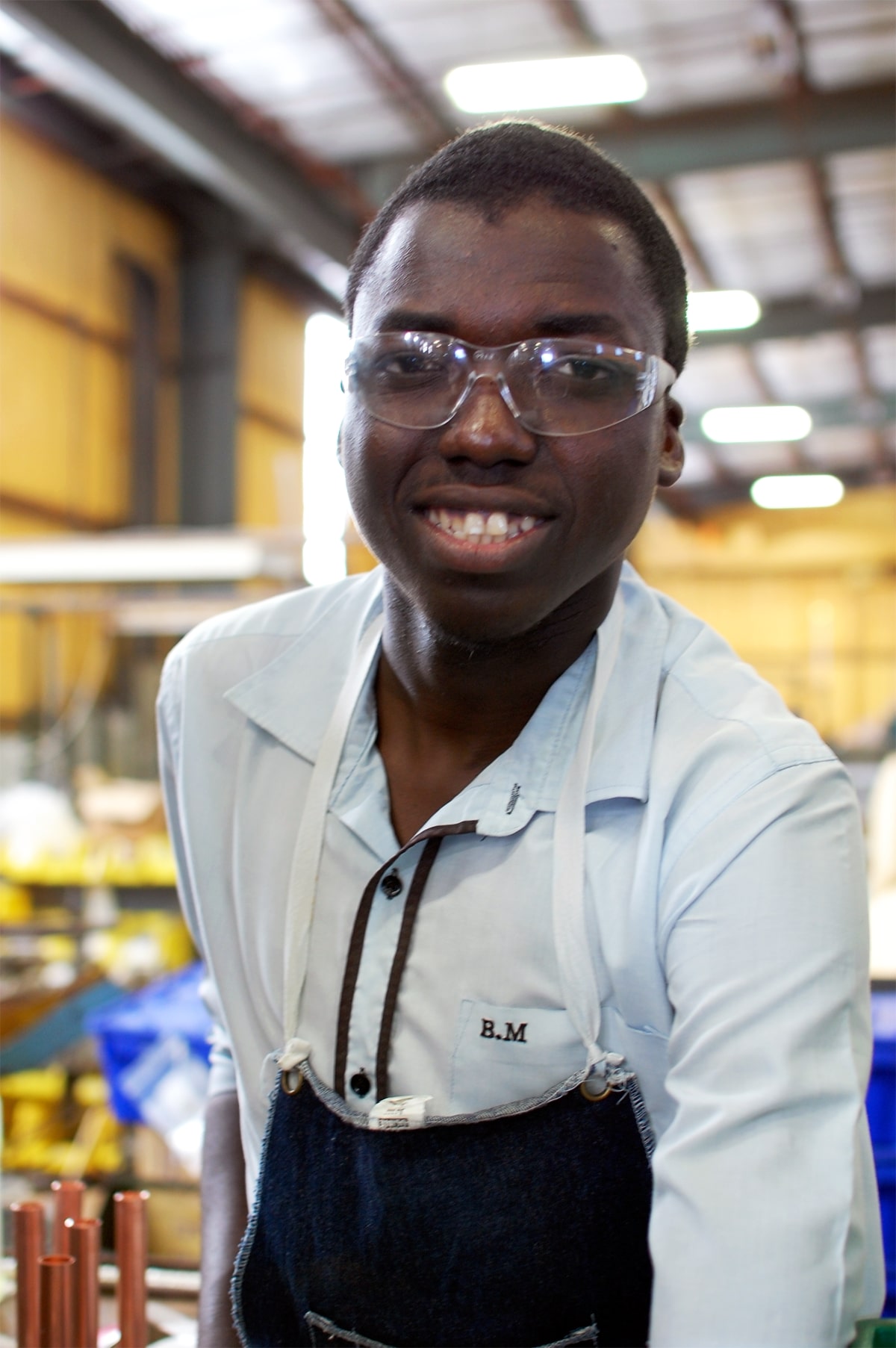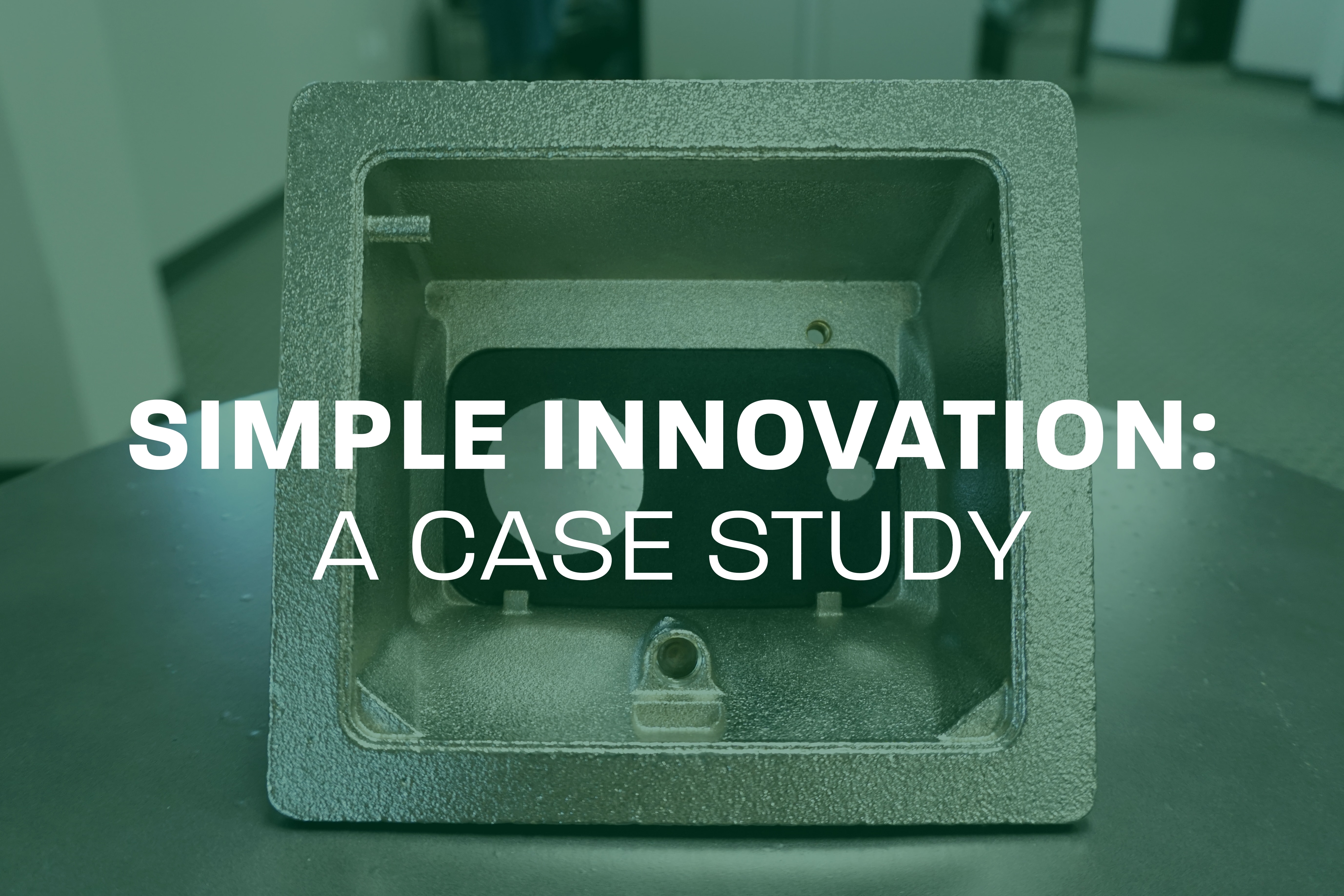His eyes are bright, and his smile is contagious. His playful personality is disarming, giving anyone he meets the feeling that they’ve always been friends. He is the kind of person you don’t forget.
Zaki has been through more in his 20 years of life than most people he will ever meet. As the oldest of 10 children, his distinct maturity was brought on by necessity because his youth was spent continually fleeing civil war in Sudan.
Centuries of conflict erupted in the 1980s, continued through the nineties, and came to a head right around the time that Zaki recounts his life’s first memories. This is where his story begins.
This conversation was facilitated through the gracious interpretation of Sara Pitia, Arabic Interpreter at JVS, and Zaki’s friend, Souleyman.
“My step-father fled first from west Sudan in 2002 to Khartoum, and then in 2003 we were able to meet him.”
While this may seem like an unassuming introduction, there is far more to explain. What he does not mention are the militia raids, famine, village burnings, and ethnic cleansing that were plaguing the Darfur region of Sudan, but anyone watching the news during this time will recall seeing these atrocities reported on nightly tv programs.
Three years pass, and the violence continues, so Zaki and his family must find safety once again. “After Khartoum, before the referendum began, we were able to escape with some South Sudanese back to South Sudan.”
The referendum Zaki refers to is the agreement in 2011 between the central government of Khartoum and the Sudan People’s Liberation Movement allowing the South Sudanese to return to the south and begin the process of secession as an independent state. There are many complexities involved in the Sudan/South Sudan conflicts; however, differences in religion and access to natural resources are at the crux of the civil war.
“We continued the journey to a settlement in the outskirts of the capital city, Juba. We stayed there for a year and a half. It was not an official refugee camp, so it was very difficult because we lived in an area that was very dangerous that still had some war going on. We had to scavenge our food, kill whatever we could and sell it in the market, and use that as money for the family.”
Before I had the chance to ask the next question, he laughed and said, “the story’s not done yet!” At this point I believe my jaw had dropped and I had ceased scribbling my notes because I couldn’t believe what I was hearing. Without skipping a beat, Zaki continued in his native language, Arabic, in the fast-paced rhythm that kept us all on the edge of our seats.
“At night there are lions. You can’t really go out anytime because we weren’t in a camp, and the local civilians would attack people. It was very scary. We had to watch over each other.”
There was still hope, though. Zaki had family that lived nearby that brought them food and supplies to help prepare them for the next leg of their journey. They were able to gather up enough money from family who then helped to smuggle them out of the area.
In 2012, they made it to a hideout in the capital city, and continued on across the Kenyan border to Kakuma, where they could now start a new life.
Kakuma is an established refugee camp, with a population of around 150,000. Up until this point, they had been on the run for his entire life. To reach a refugee camp with secure walls and the ability to apply with the UN was a big triumph for Zaki and his family.
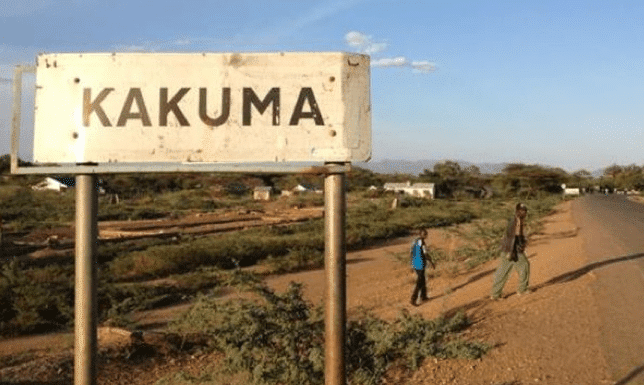
“At the camp, we were farmers. We grew vegetables and beans. Some of it we would sell, and some we would use for our family. My step-father was a carpenter, but he had to become a farmer to eat. We had a family of 12 and had to figure out ways to find food. We struggled because there were no jobs in the camp.”
Kakuma did, however, provide the promise of education once again, which had been on pause since leaving west Sudan.
“The best thing I got from the refugee camp was going to school and learning to speak English.”
During his time at Kakuma, Zaki was able to get a 6th grade education, which he has built upon since coming to Kansas City in 2017. He is continuing to learn English at the Don Bosco Center and is also taking typing classes twice each week.
The subject of education incites a new excitement in Zaki’s voice, and suddenly his words are flowing at a record-breaking speed. He is smiling ear-to-ear as he explains what his plans are for the future. By this time, we are all charmed, eagerly awaiting his answer.
“I want to get my GED and then go to college. I want to become a doctor and go back and help the refugees left behind at the camp.”
Our interpreter relays the message and we all share a moment of gratitude. It was as if we were emerging out of the chaos with him through his story, and we could actually feel the hope he had been holding on to for so long.
Life in Kansas City has never been better for Zaki. He is working his first job, going to school, and playing his favorite sport on the weekends. Zaki confesses that, “soccer is my first love,” and although his friends would say he’s a talented defensive player, he said, “I cannot be the judge of myself!” 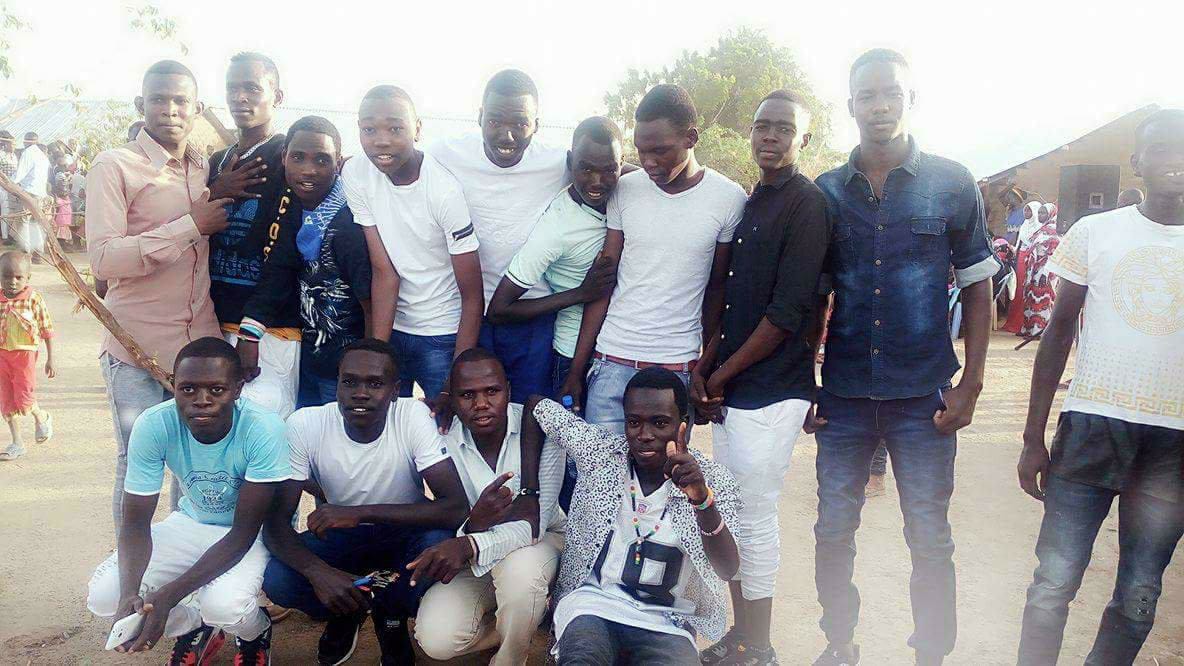
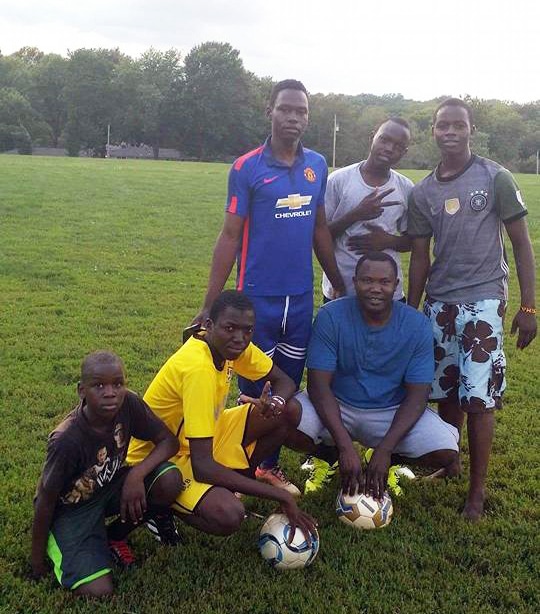 Zaki and his friends on the soccer field
Zaki and his friends on the soccer field
His humility and willingness to learn has translated directly to his role at PRIER. He comes in every day with a positive attitude, and despite some language barriers, he is getting the job done and doing it well.
“I am so blessed to work at PRIER. I’m really enjoying coming to work and being around very friendly and kind people. They treat me like their brother or son, not just a coworker. Even on weekends I can’t wait for Monday to come.”
Zaki, my friend, you are the blessing, and we are the ones that can’t wait to see you every Monday morning.
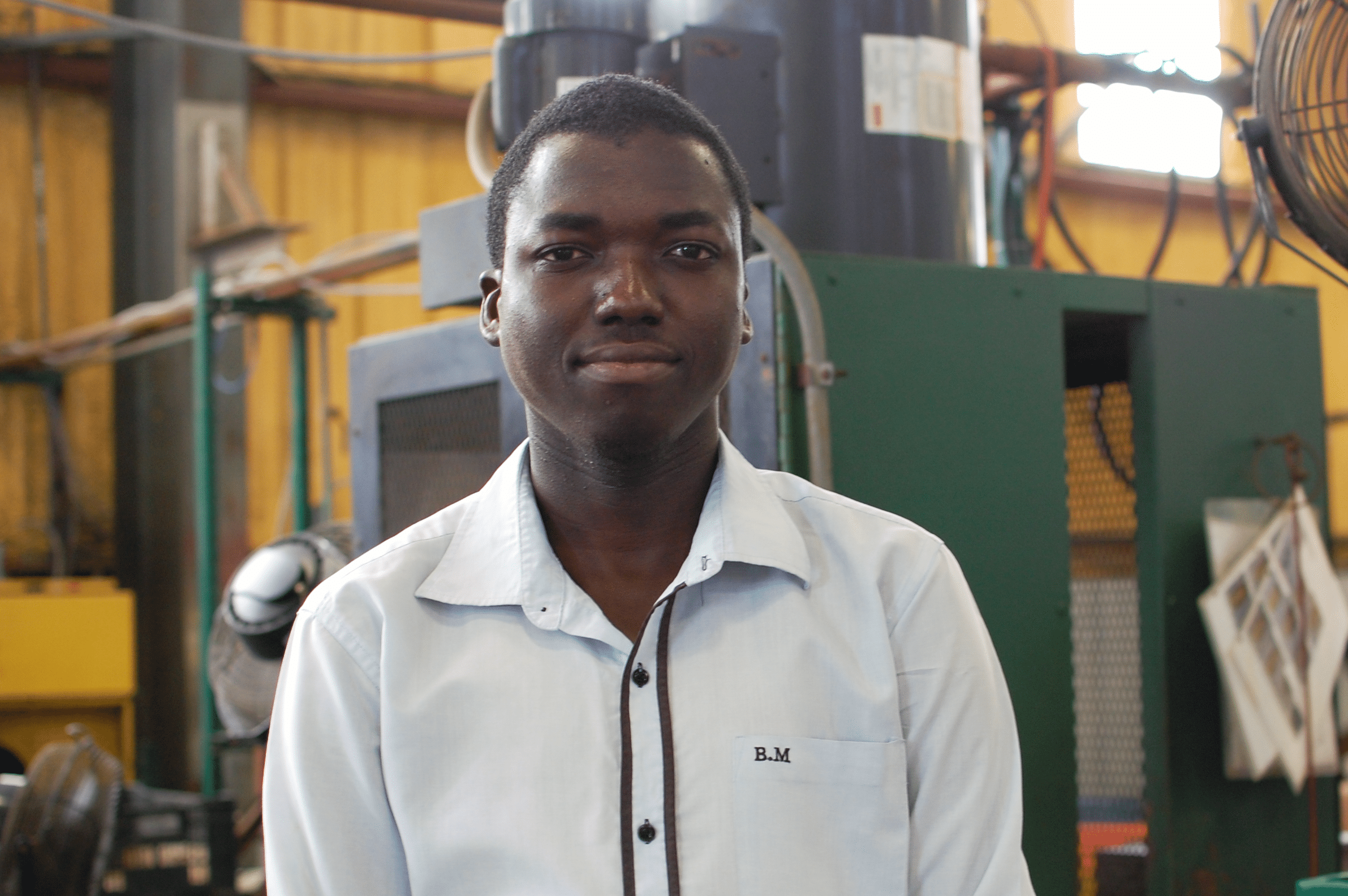
If you missed the introduction to this series and would like a bit of background information, read it here.
To learn more about JVS and the work they do for refugees in Kansas City, click here.
